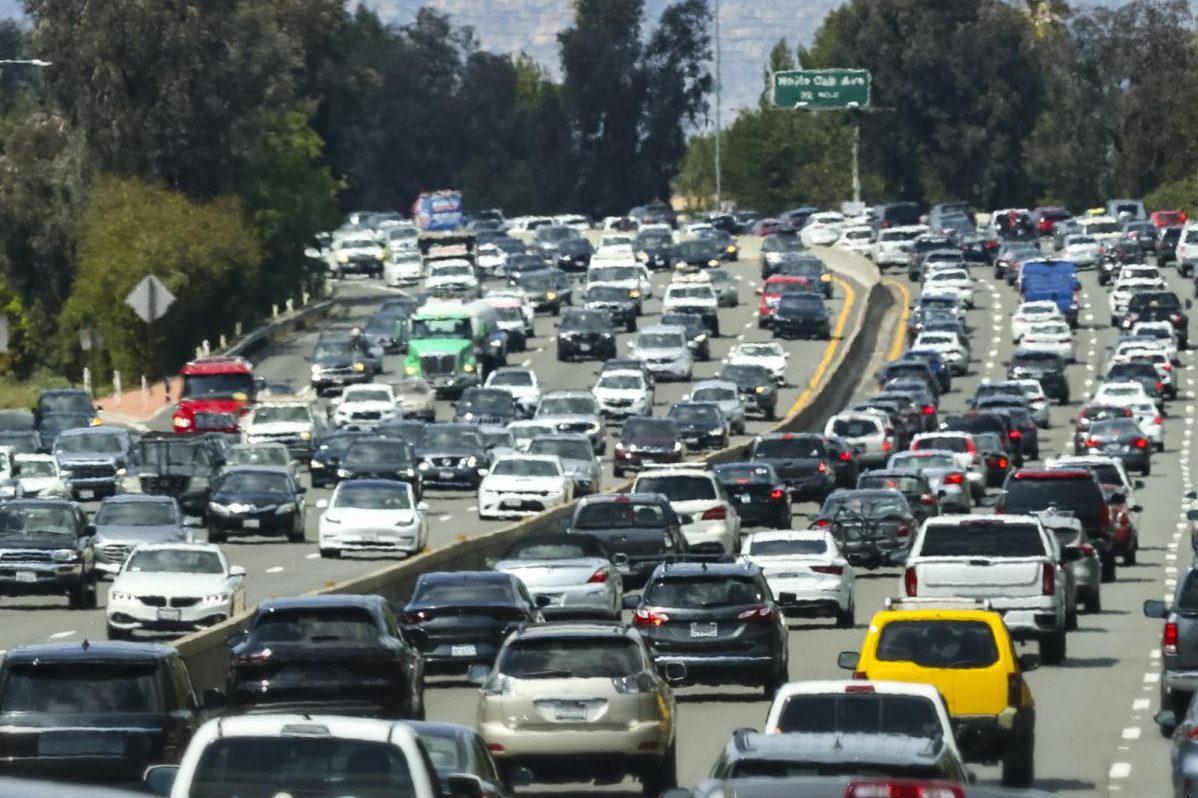Skift Take
Several of the recommendations put forth by the International Energy Agency to reduce oil usage might be popular with consumers. However, one of the last things so many people thrilled by the large-scale easing of Covid measures worldwide want to do is travel less.
The International Energy Agency (IEA) on Friday urged consumers to travel less, share transport and drive more slowly, part of a 10-point plan to cut oil use as Russia’s invasion of Ukraine deepens concerns about supply.
The plan by the Paris-based grouping of 31 industrialized countries – which does not include Russia – underlines the urgency of a supply crunch brought on by sanctions and buyer aversion to Russian oil, which has raised fuel prices.
The recommendations – which include lower speed limits, working from home, car-free days in cities, cheaper public transport and more carpooling – could cut oil demand by 2.7 million barrels a day within four months, the IEA said.
As the bulk of oil demand comes from transport, it said, the plan focuses on “how to use less oil getting people and goods from A to B”, drawing on “concrete measures” that have already been used in multiple countries and cities.
In a potential setback to the agency’s aim to cut demand, many IEA members states and other countries have implemented, or are discussing, power and transport fuel subsidies.
The agency projected in November that fossil fuel subsidies soared by the highest annual rate ever in 2021 to $440 billion as governments around the world tried to shield consumers from price hikes in a boon to consumption and pollution.
Friday’s announcement follows a similar 10-point action plan the group put forward earlier this month to cut reliance on Russian gas, in which it said Europe could cut imports of the fuel from Russia by more than a third within a year.
The IEA urged governments to make the changes permanent, not just for economic reasons but in order to combat climate change.
“Sustained reductions are important not only to improve countries’ energy security but also to tackle climate change and reduce air pollution.”
(Reporting by Noah Browning; Editing by Jason Neely and Jan Harvey)
This article was written by Noah Browning from Reuters and was legally licensed through the Industry Dive Content Marketplace. Please direct all licensing questions to [email protected].
The Daily Newsletter
Our daily coverage of the global travel industry. Written by editors and analysts from across Skift’s brands.
Have a confidential tip for Skift? Get in touch
Tags: climate change, fuel costs, fuel prices, oil, sustainability
Photo credit: A scene the International Energy Agency wants to see less of. Getty Images
